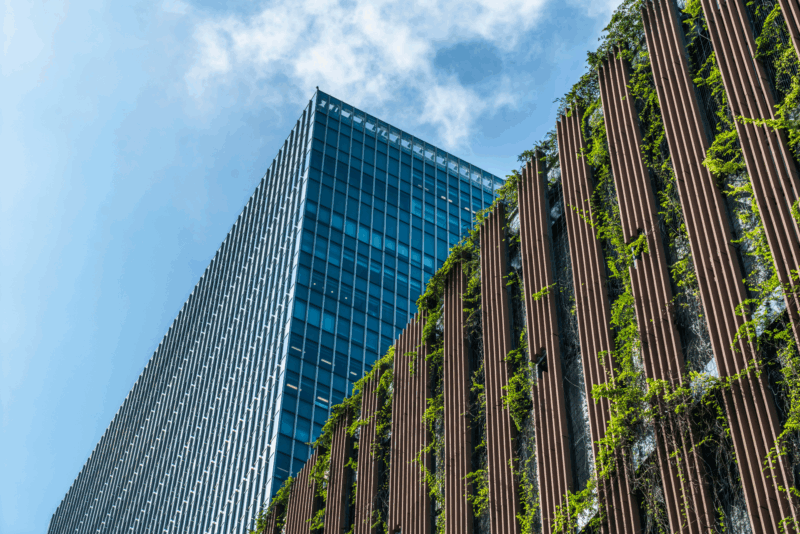In today’s rapidly evolving business landscape, the importance of Environmental, Social, and Governance (ESG) reporting cannot be overstated. According to the International Auditing and Assurance Standards Board (IAASB), assurance on an ESG report involves evaluating the report’s adherence to established assurance standards. This process pertains to specific subjects, such as key data disclosed in the report, and ensuring that the findings are objective and reliable. The primary goal of this assurance is to bolster the confidence of intended users in the verified information. Additionally, companies face significant risks without conducting ESG assurance, as investors globally seek reliable and comparable information for their decisions. The lack of standardised ESG definitions can lead to weak documentation and potentially misleading claims about sustainability practices, increasing the risk of misstatements and fraud. Furthermore, organisations may encounter operational inefficiencies without the insights that assurance provides, as well as regulatory risks arising from non-compliance with evolving standards. As sustainability becomes a critical factor in investment strategies, the absence of rigorous assurance can undermine trust and create substantial challenges in protecting investor interests. To maintain objectivity and reliability, it is crucial that the assurance service provider maintains independence, thereby preventing any potential conflicts of interest.
ESG assurance is yet to be widely adopted in Hong Kong, with only 141 out of 1,882 (7.5%) surveyed companies embracing external ESG assurance in 2023, up from 4.5% in 2021. Approximately 52% of the 69 Hang Seng Index companies, representing 36 firms, adopted ESG assurance practices in 2023.Large-cap companies (≥HK$38 billion) demonstrated the most substantial uptake, with assurance rates rising from 20.1% in 2021 to 41.6% in 2023, according to the findings by the Hong Kong Institute of CPAs. For small companies with a market capitalisation under HK$6 billion, the number seeking assurance on their ESG disclosures increased by 1.1% from 2021 to 2023. This trend underscores the substantial uptake of ESG assurance among the region’s leading corporations.
The motivations for Hong Kong’s companies to adopt ESG assurance are not only for enhancing credibility and building stakeholder trust but also for unlocking investment opportunities, as investors increasingly expect reliable ESG reporting. Engaging a third-party for assurance strengthens a company’s reputation by ensuring accurate and trustworthy disclosures. Moreover, ESG assurance helps businesses navigate evolving regulatory frameworks, which are becoming increasingly sustainability-focused. Accurate ESG data is vital, especially as jurisdictions implement measures like carbon taxes. Internally, the assurance process encourages managers to assess and improve the company’s systems while raising awareness about the importance of high-quality ESG data. As the landscape of ESG reporting becomes more complex, adopting assurance practices positions companies to meet these challenges effectively.
The same research also revealed that ISAE 3000 (Revised), issued by the IAASB, is the most widely adopted assurance standard, appearing in 63% of ESG assurance reports. Currently, IAASB has approved and issued International Standard on Sustainability Assurance (ISSA) 5000, General Requirements for Sustainability Assurance Engagements (ISSA 5000). ISSA 5000 is effective for assurance engagements on sustainability information reported for periods beginning on or after 15 December 2026, with earlier application permitted.
Read our full newsletter here.














